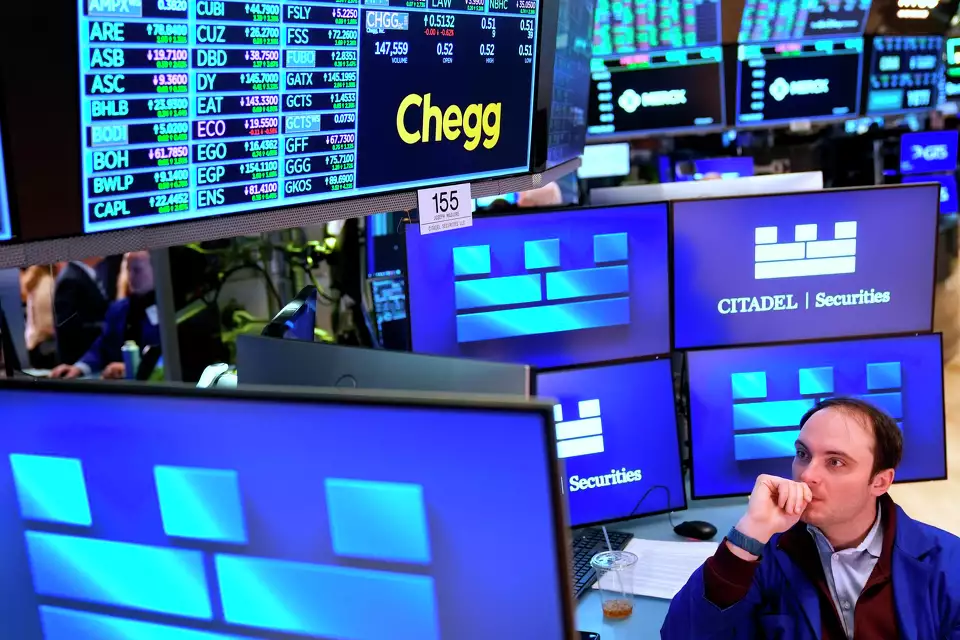Houston’s major public companies are experiencing significant financial turbulence, with a collective decline of $167 billion in market value following the introduction of new tariffs. The downturn, sparked by President Donald Trump’s announcement of a comprehensive 104% tariff on Chinese imports, has led to widespread market volatility, affecting many sectors.
The Dow Jones Industrial Average fell by 11.6% as market reactions intensified. In particular, Houston, home to 25 Fortune 500 companies, has felt the impact acutely. Leading the losses is Exxon Mobil, whose market capitalization plummeted from $513 billion to $436 billion in under a week, accounting for nearly half of the city’s total losses.
The average share price of these companies has decreased by almost 14%. APA Corporation, overseeing Apache Corp., endured the steepest decline, with its stock price dropping from $21.24 to $19.84, marking a 33% fall since April 2. Similarly, energy giants such as Occidental Petroleum, Phillips 66, and Schlumberger have seen their shares decrease by roughly 25%.
In contrast, Houston-based companies outside the energy sector are faring slightly better. Sysco, a leader in restaurant food distribution, has experienced a less severe decline, with its shares down less than 10%. Meanwhile, Group 1 Automotive has managed to limit its losses to about 5.5% since the tariff announcement.
This financial upheaval underscores the broader impact of geopolitical decisions on local economies and the vulnerability of even the most robust sectors to market fluctuations. Houston’s Fortune 500 companies, amid these pressures, continue to navigate these challenges with strategic adjustments for future resilience.

